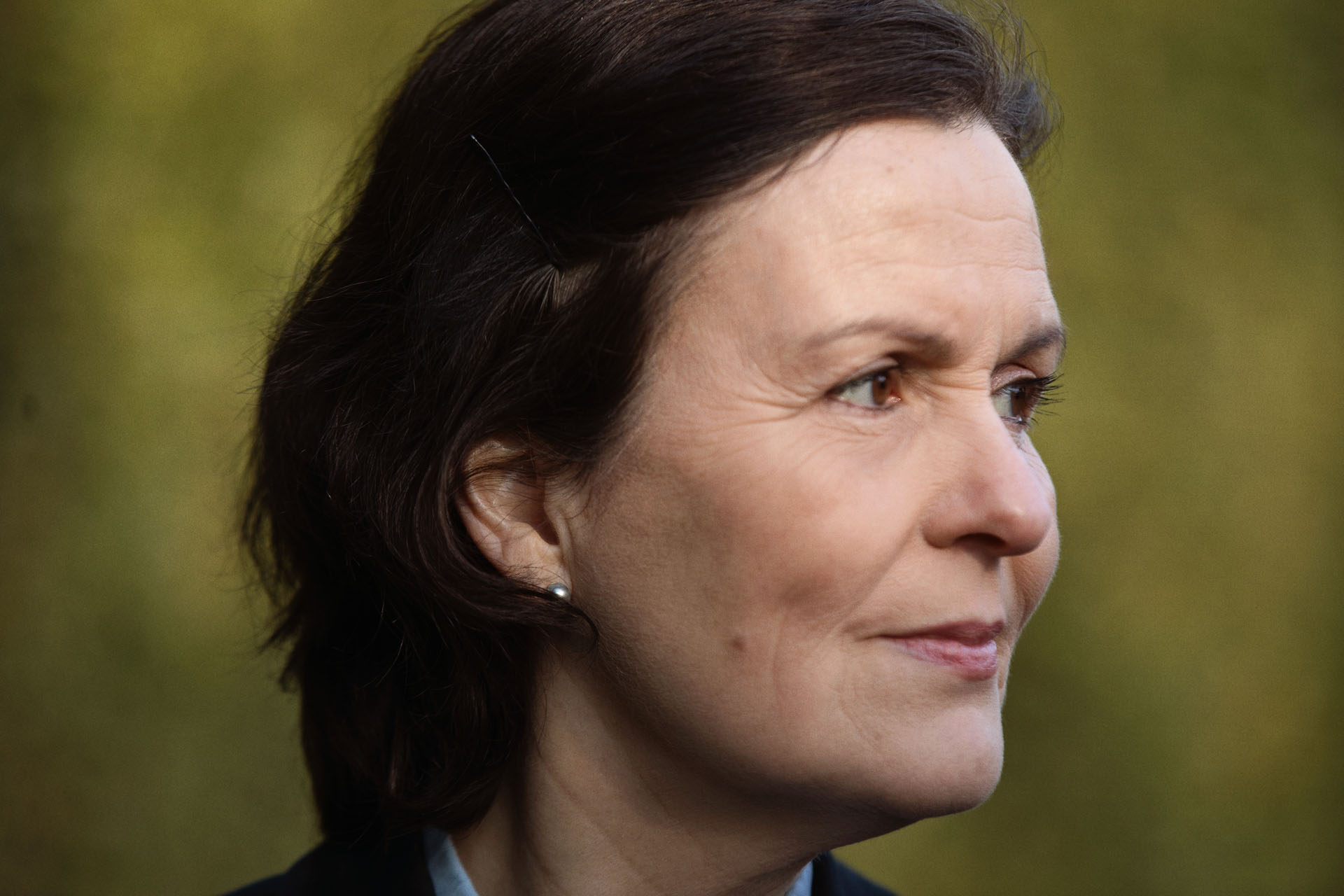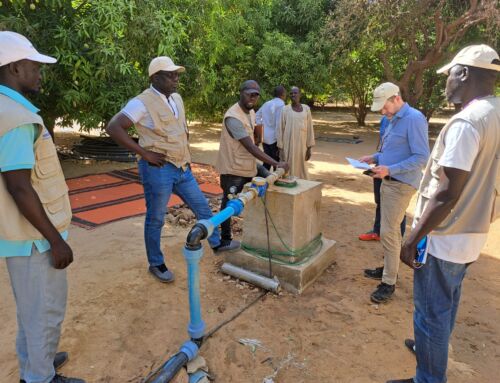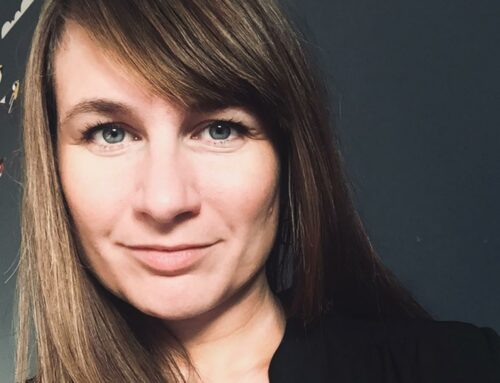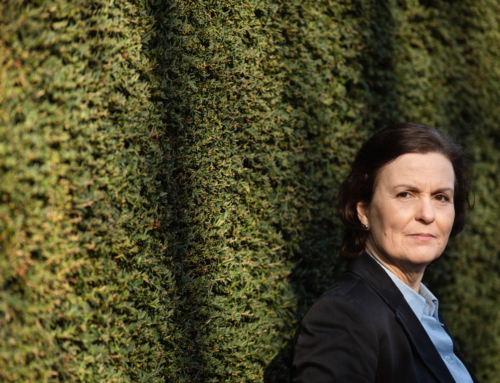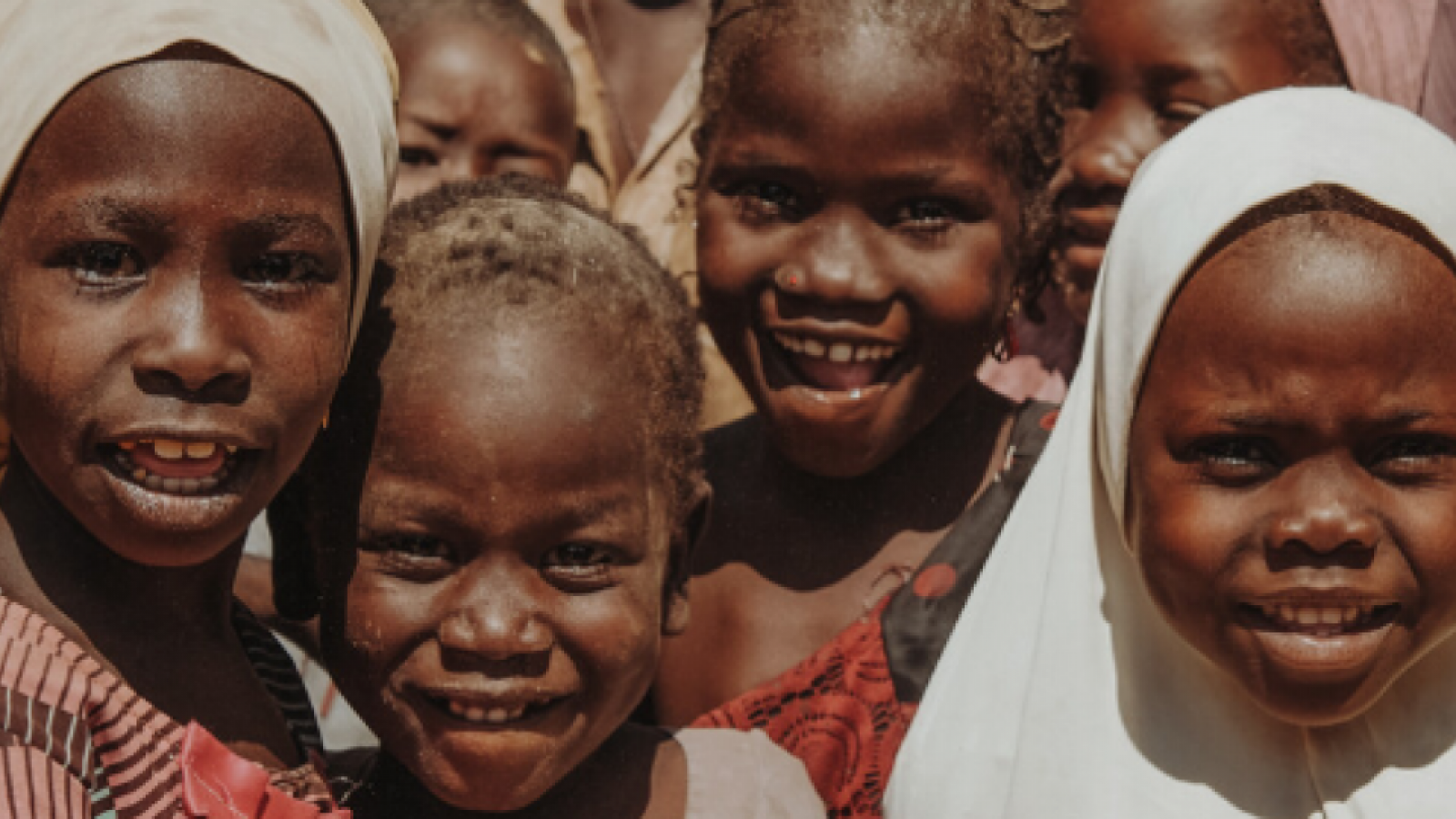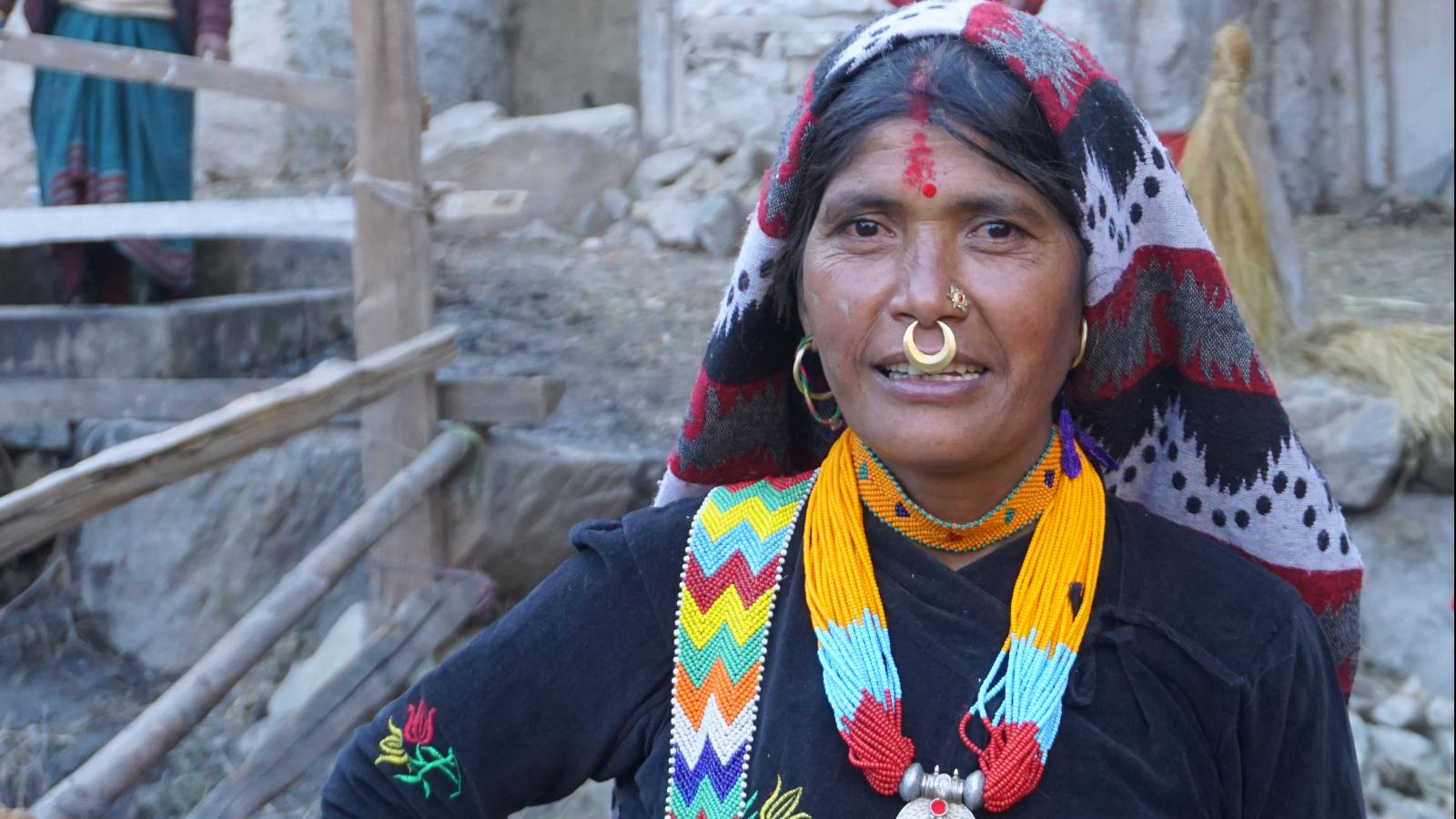We are known for providing quality assistance to people in crisis due to war and disaster. In future, we must have even more focus on sustainable and climate-adapted initiatives in collaboration with local organizations and populations, writes Managing Director Betina Gollander-Jensen in this article.
Mission East has for 30 years provided emergency relief and long-term development in crisis-affected countries to the east. We have distributed basic necessities such as food, soap, hygiene items, kitchen utensils and tarpaulins for shelter when people are displaced from their homes due to war or natural disasters. And we have helped communities to rebuild by providing clean drinking water and proper toilet facilities and teaching the population to cultivate sustainably and with variety and become even better able to cope despite droughts and floods.
This is what we are known for: That the aid reaches the most vulnerable in the most remote parts of the world: the poor, single parents, the elderly, the sick and families with children with disability. That the aid also reaches local people who have been affected by war and conflict. As is now the case in countries including Afghanistan, Iraq, Syria and Myanmar.
We must continue to be known as an organization that delivers a good deal of quality work based on our Christian values. To keep us on track so that we get to the end of the projects, I set five benchmarks to steer by:
1. Emergency aid, reconstruction and knowledge of rights
We will continue to provide emergency assistance. We are good at that. We also provide assistance for so-called early reconstruction. This means helping the population to start small businesses or resume work on their small farms fairly quickly so that they can fend for themselves. We must continue to do so. But in the future we will also show them how they can go to their own authorities to claim their rights. We can see things from the outside; we know the systems; we know how authorities should act. We share that knowledge with the population so that they can take theinitiative and help themselves by demanding services from authorities whose job is to support the citizens of their country.
2. Climate adaptation and self-sufficiency
The populations of our countries are often exposed to climate change and environmental impacts leading to both droughts and floods. We teach them to combat drought by collecting water and cultivating a kitchen garden so that they can supplement their diet, and counteract landslides by planting trees so that the fertile soil does not disappear in heavy rains. We are already doing all this, but in future climate adaptation must be even more in line with what we are doing. Help to combat climate change must be combined with better living conditions and jobs – and good health and well-being for the individual and his or her family. Therefore, agricultural activities must both deal with climate change and teach the individual small farmer to grow new and nutritious crops.
3. Increased collaboration with local partners
We need to send more Mission East employees to support. We do not necessarily have to open an office that costs a lot of money to run, but more Mission East employees could sit with the local partners and advise them on accounting, planning, and whatever else they need. The advantage of collaborating with local partner organizations is partly that it is more cost-effective and partly a more dignified way of collaborating. Through equal cooperation, we recognize that people from the communities where we work can engage with good solutions that deal with their own lives and local area. And I want us to work even more with faith-based organizations. They are present both before and after a crisis. They know the people and have built credibility. So when they come out with the help, they already have a solid foundation of trust to build on.
4. Engage locals even more
We need to use the local networks and links even more than we do today, and make a kind of contract with the local community: If you do, then we do the rest. In this way, it becomes an equal partnership that also recognizes their efforts. They are worthy people who have found themselves in a situation where they now need our support. But they can also come up with solutions themselves and deliver. When people have been exposed to war and natural disaster, they are in shock and feel alone. But when they show this confidence and someone expects something from them, then they get mentally back on their feet. When you get responsibility, you get better with yourself, and then a creative process begins, where you think in terms of possible solutions. This is what we want to achieve in the next 5-10 years: to support people so that they can reach their full potential!
5. Skilled and passionate employees
We will develop the organization so that we ensure that we have the right people for the right tasks, and that they are where they can make the most possible difference. Because this is how it is: If you have the right enthusiasts with the right skills, we can drive it all forward. It is about appreciating talented people and at the same time expressing clear expectations.
I will continue to focus on efficiency. We must continue to be characterized by having an efficient administration with some core employees in Copenhagen and Brussels, and many more skilled employees and partners in the countries where we work.
Our activities and partnerships around the world should grow in the coming years. I would like us to grow from a budget of DKK 75 million over the next 5-10 years, to DKK 100 million. Because this is what we want – to help as many as possible.
The headline on our strategy towards 2030 reads: “Together for Compassion”. And so it is – compassion for all people and all creation!

